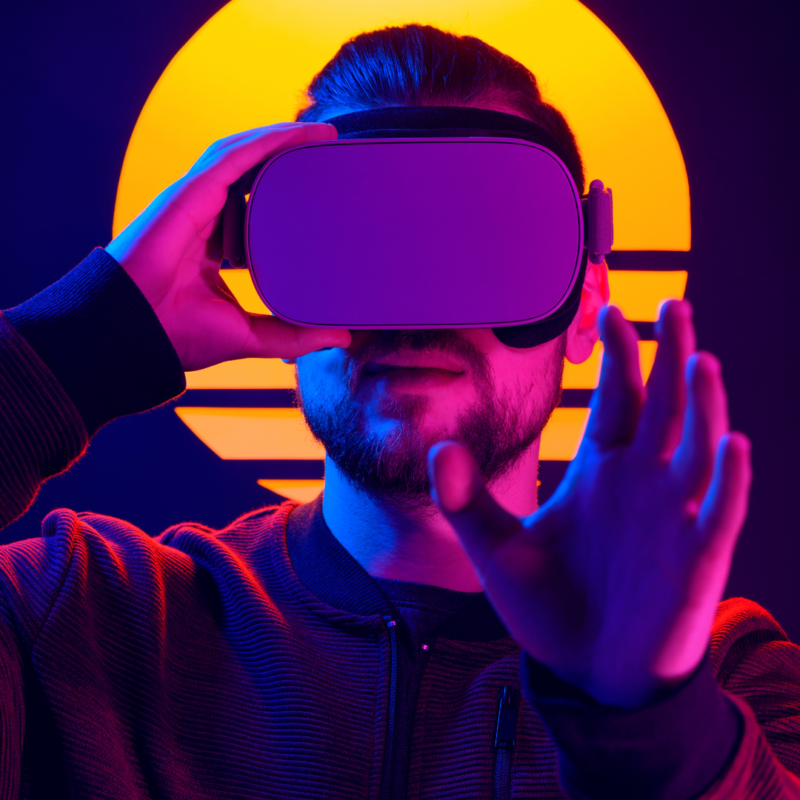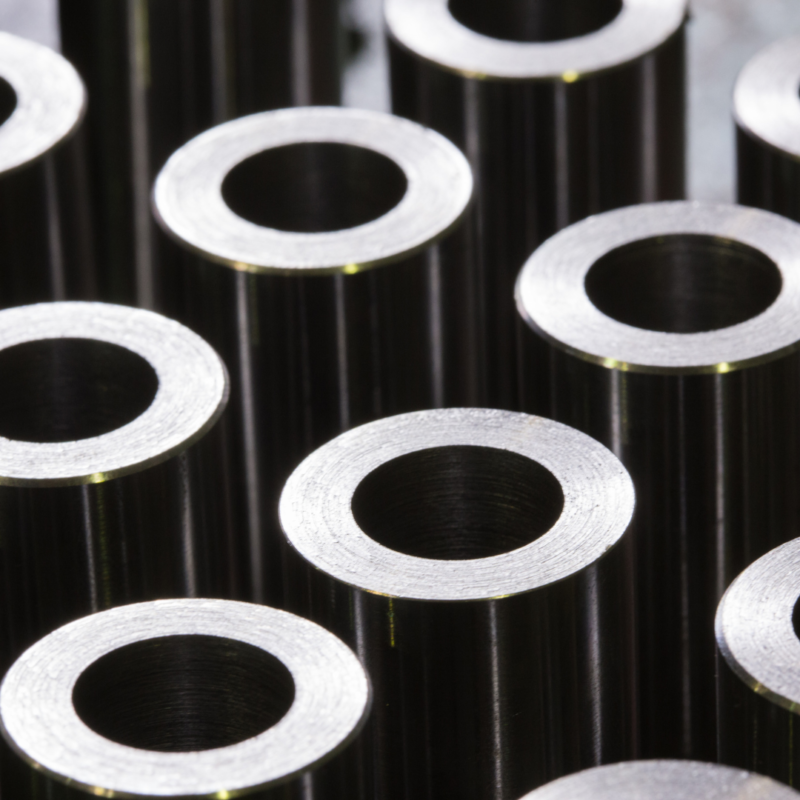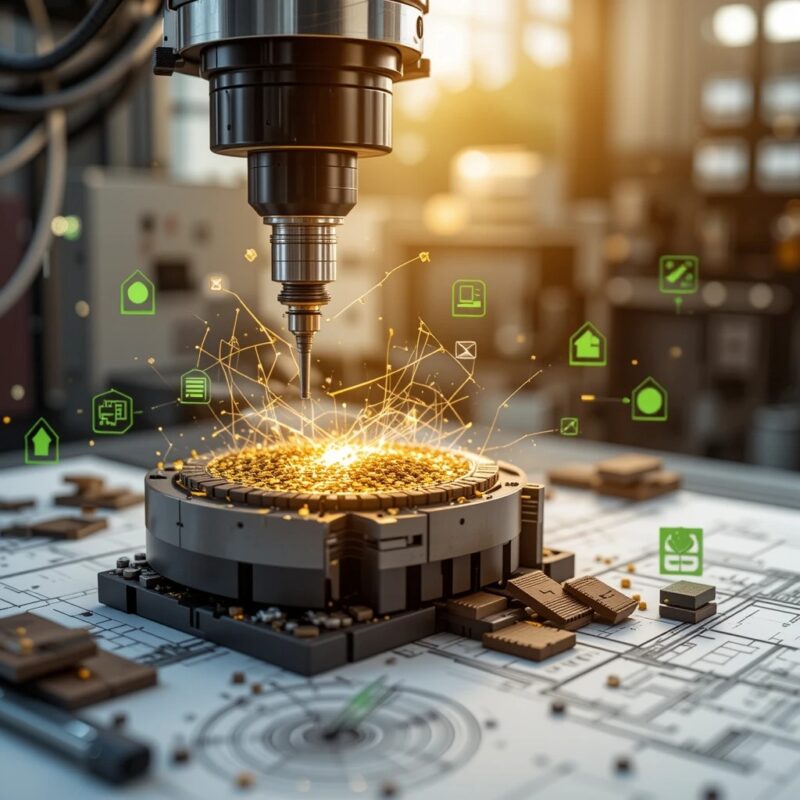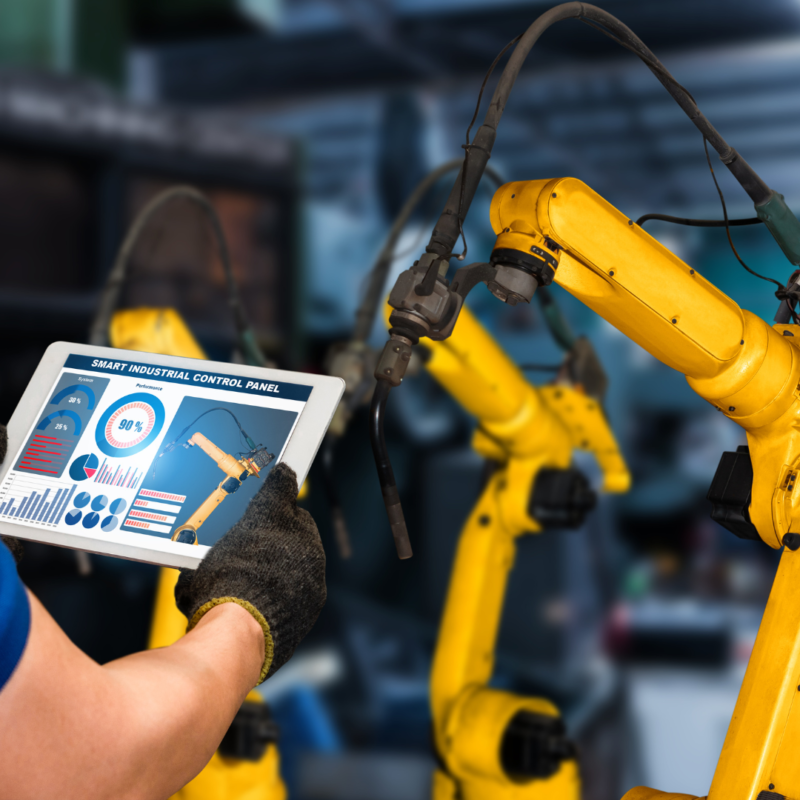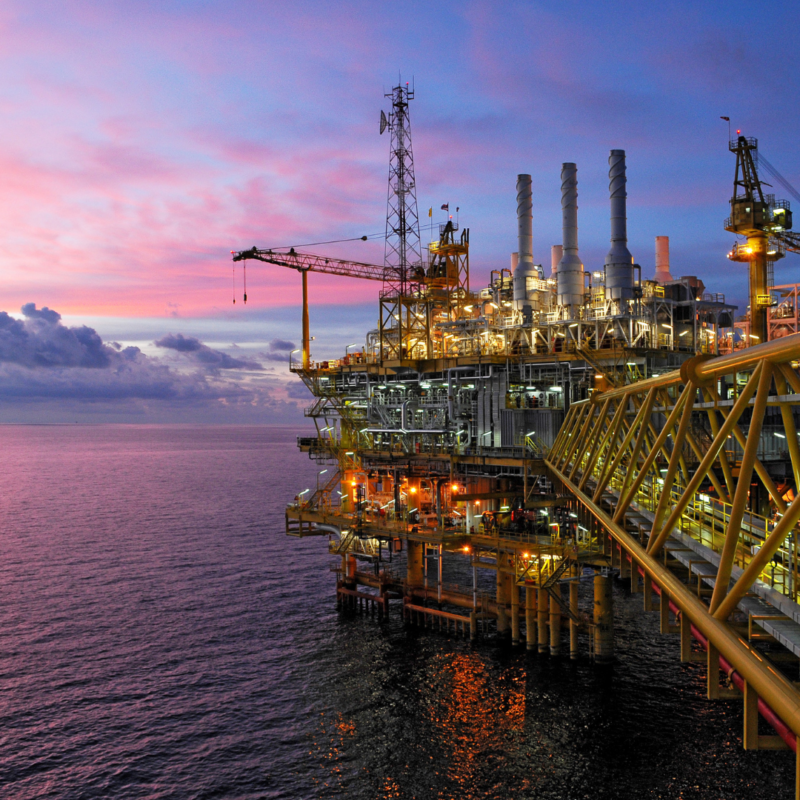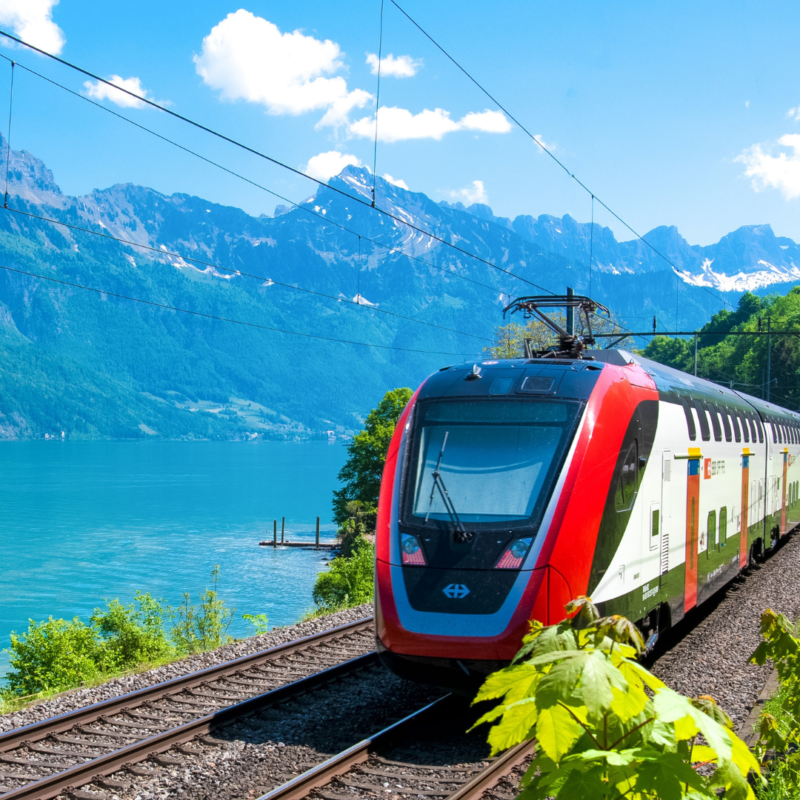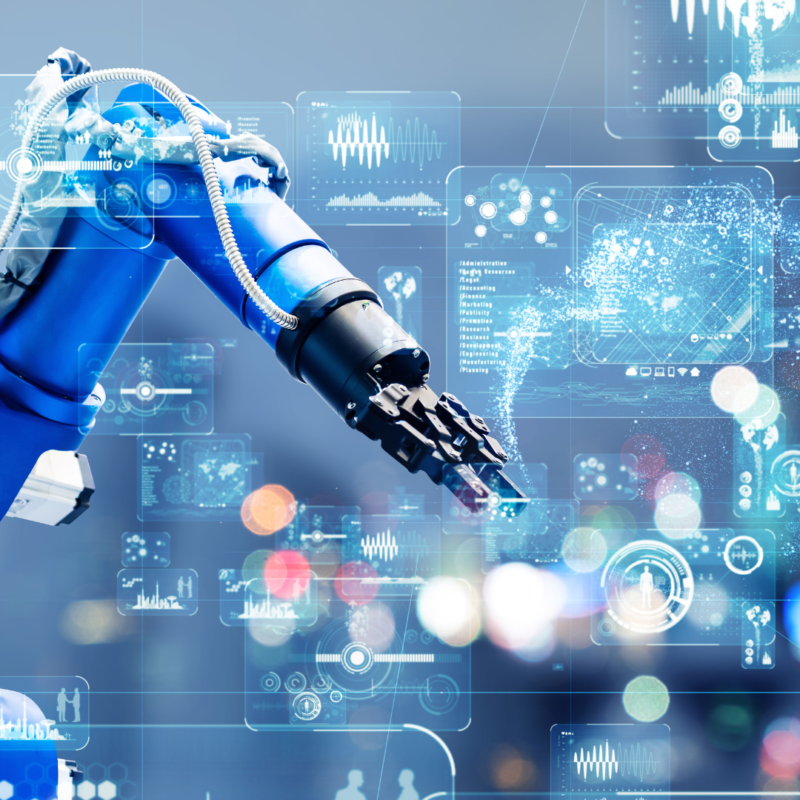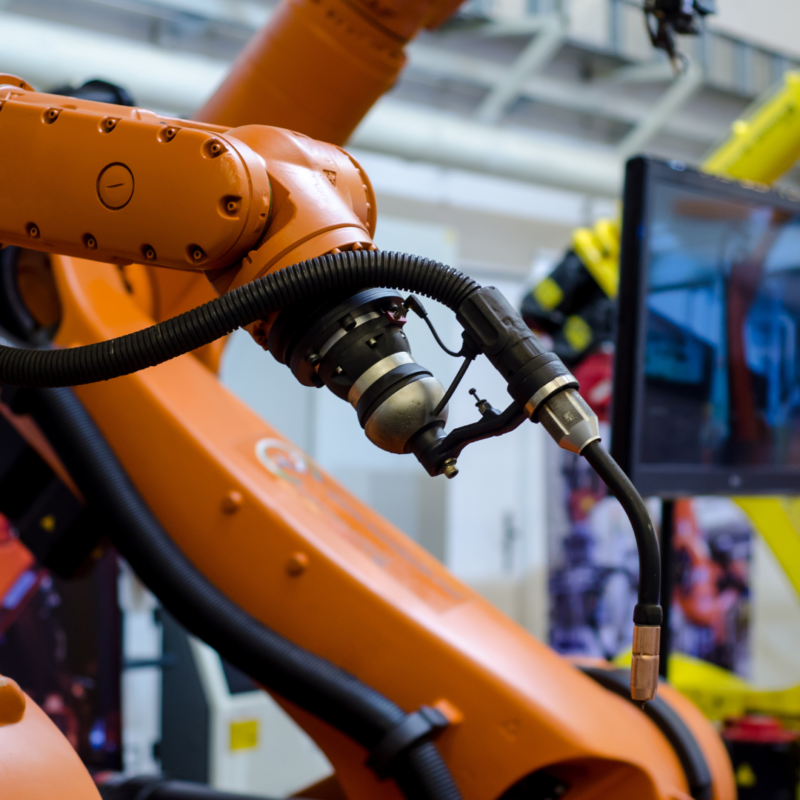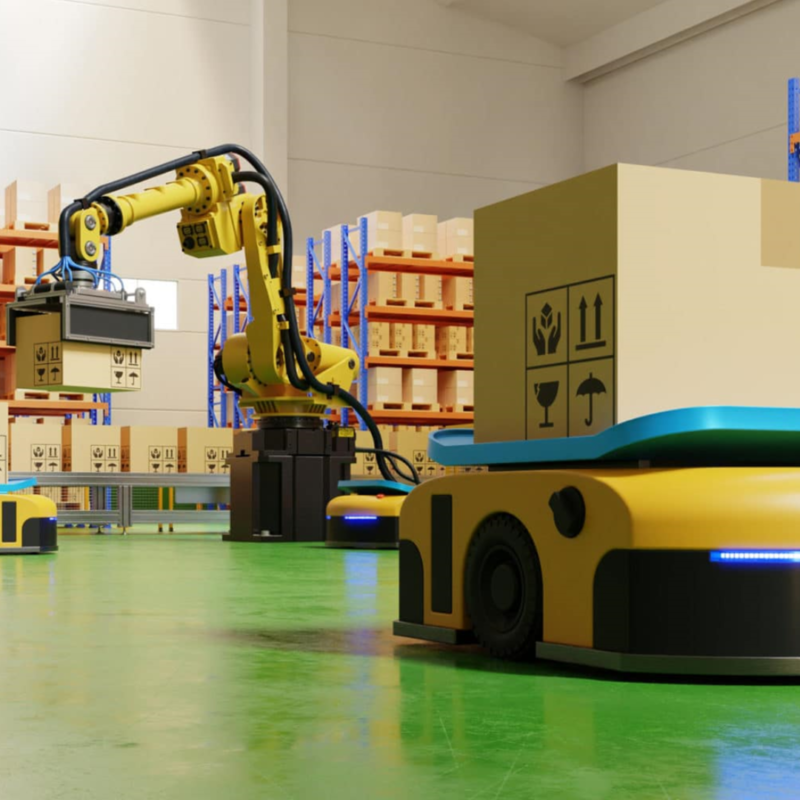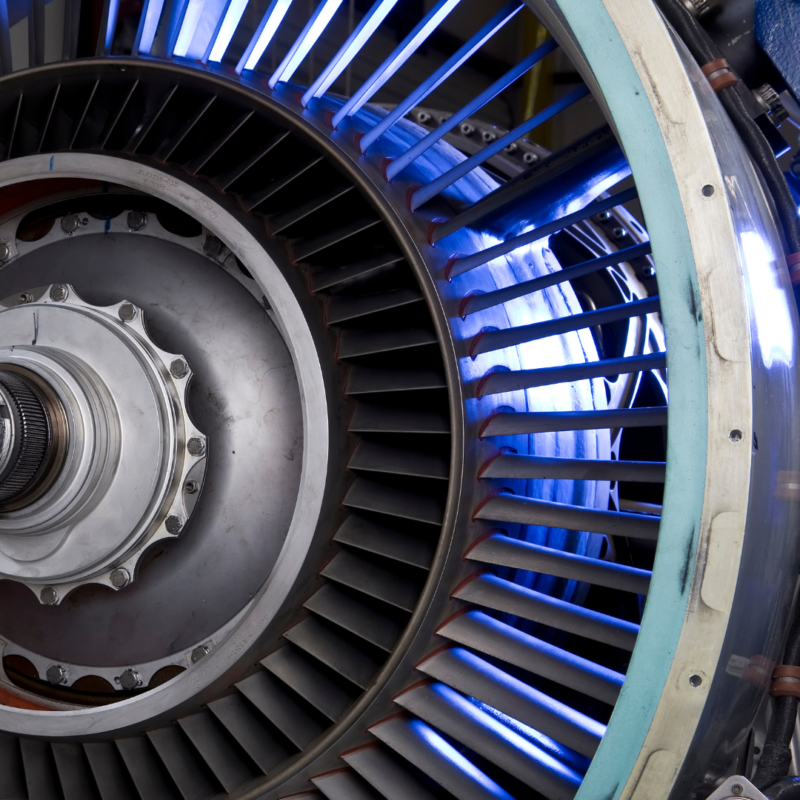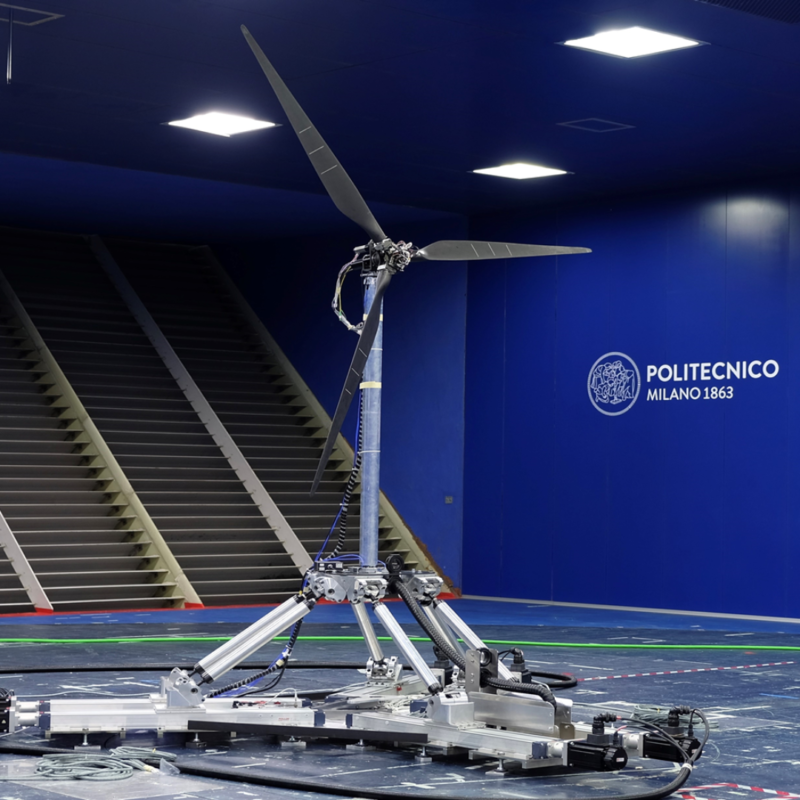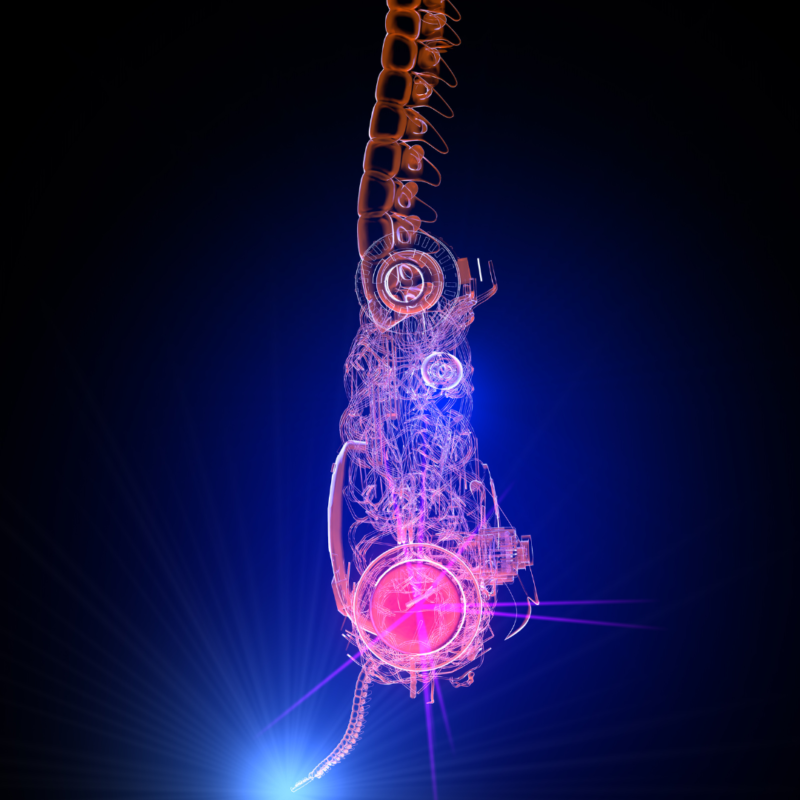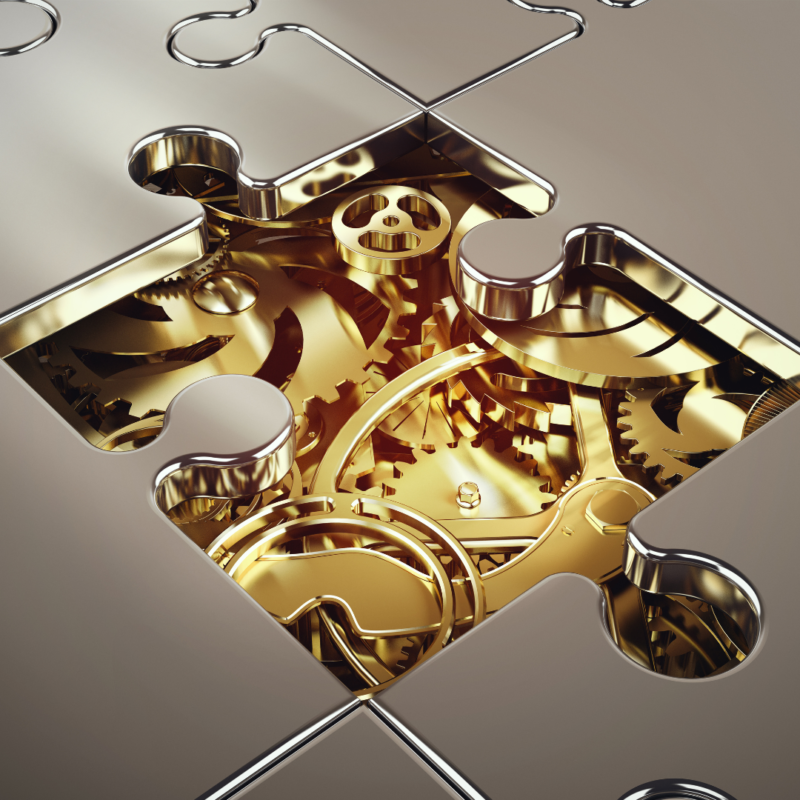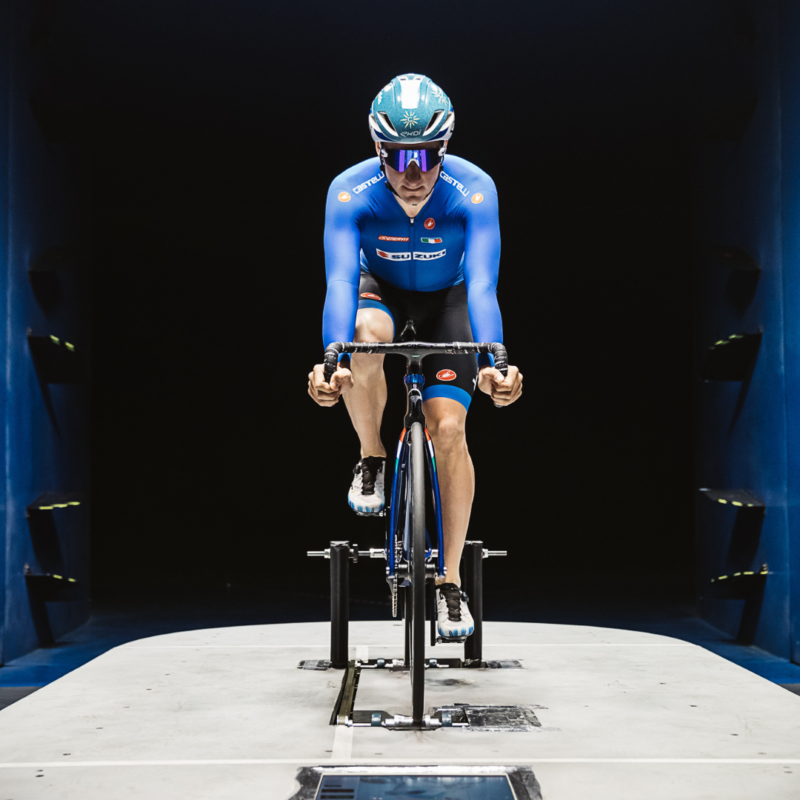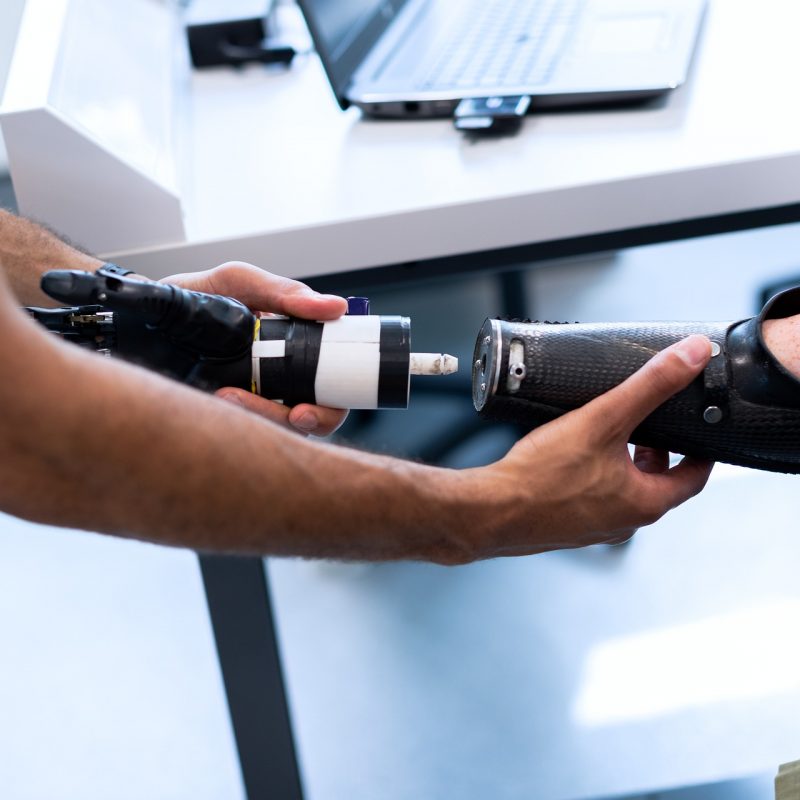The growing demand for high-performance sports equipment, the increasing interest in sports science and the economic growth of the sports sector contribute to the need for a new class of technicians.
The
Sports Engineering track applies the principles of engineering to design, develop, and improve sports equipment and facilities, as well as to use data to optimize the sport performance and the teams’ strategy.
In the
Sports Engineering study program, students will learn about biomechanics, materials science, computer-aided design, and the physics and physiology of sports. Students will work on projects related to sports equipment design, biomechanical analysis of athletic performances and on the development of new technologies and instruments for both sports training and rehabilitation.
Courses will be a mix of lectures and laboratory projects, with a strong focus on hands-on learning and experimentation. The approach will improve the students’ practical knowledge of the tools, techniques, and equipment used in the
Sports Engineering field as well as their problem-solving skills and critical thinking abilities. Students will typically work in teams to design, build, and test prototypes of sports equipment and sports facilities, or to develop and validate numerical models of sports goods and athletes’ performances.
